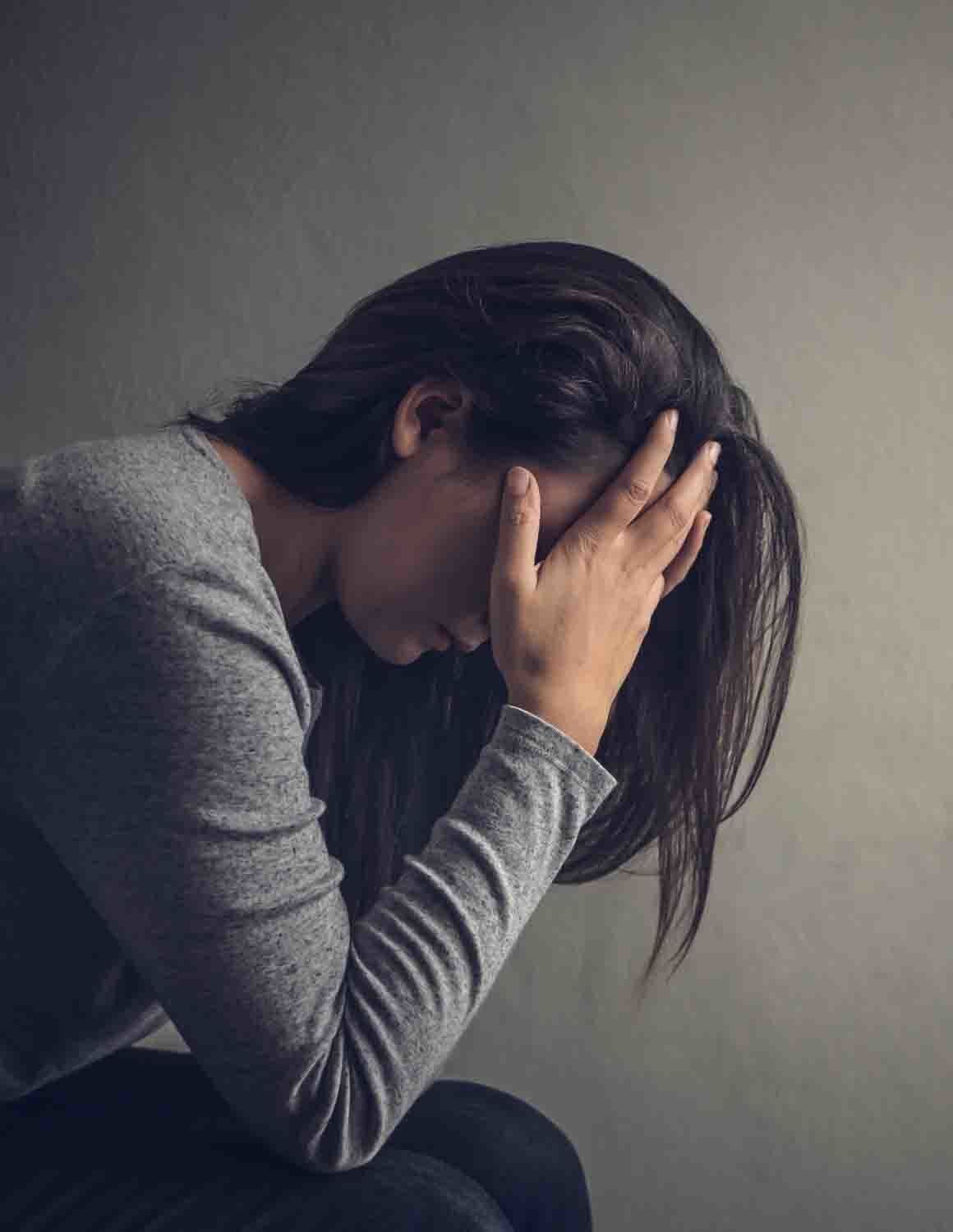Healthy and Unhealthy Grief After the Loss of a Spouse
Losing a loved one is one of the biggest emotional challenges anyone can face, but to lose your significant other can bring about a long list of devastating life changes. Loss of a spouse can disrupt everything about daily activities, financial stability, and your role in your family. Grief is a normal and expected result, but some grief responses are healthier than others.
Take a look at some of the healthy and unhealthy reactions after loss of a spouse.
Healthy: Feeling Initially Overwhelmed with Sadness and Anger
A period of grief after the loss of a spouse is normal and expected. Initially, you may feel so overwhelmed with sadness or anger that you withdraw from usual life. It can be expected that you may:
- Not want to go back to work
- Avoid activities you and your spouse did together
- Have problems sleeping or staying asleep
- Feel especially attached to physical objects that belonged to your spouse
- Have trouble finding joy in life
All of the emotional grief that comes along with losing a spouse can be detrimental to many aspects of your life, as well as your desire to be an active participate in it.
Unhealthy: Having Overwhelming Sadness and Grief for Longer Than a Year
The usual sense of overwhelming sadness or even anger should have passed considerably by six to nine months after the loss of your spouse. Of course, you will still have these feelings, but they should subside enough that you can get back into some sense of a new normal in your life. You may:
- Return to work or resume some usual family activities
- Start sleeping better through the night
- Gain the ability to feel at least brief moments of joy and happiness
Research has shown that feelings of mourning can last two or three years or longer, but these feelings should not be so severe that you cannot get back to your life and respond in a healthy way to the loss you have experienced.
Healthy: Feeling Temporarily Detached or Feeling Nothing at All
Anhedonia is a medical term used to describe the inability to feel pleasure, but it is often also used to describe what it feels like to be emotionally detached. It is not uncommon for the sense of detachment to come from a very common reaction to loss: denial, which is one of the primary stages of grief. Denial is a coping reaction when grief is too much to face.
If you continue your typical daily activities but know something is off emotionally, it could be related to the fact that you have not quite accepted the loss of your spouse. While this reaction is common and healthy on a temporary basis, it is not something that should go on for long periods of time.
Unhealthy: Considering Self-Harm
Studies have indicated that there is a higher risk of suicidal thoughts and tendencies or risks or selfharm after the loss of a spouse. The risks are most high in the first year after losing your significant other and can be worse for elderly individuals. These thoughts are not healthy at all, and they should be brought to a doctor's attention if you have them. Some signs to watch for include:
- Becoming withdrawn and isolated from your loved ones
- Taking risky chances or putting yourself in dangerous situations on purpose
- Wanting to cause yourself harm to feel something other than emotional pain
If any of these symptoms are present, make sure you reach out to someone who can help you.
Losing someone who is such a big part of your everyday life is enough to trigger severe depression and emotional challenges. If you struggle with grief after the loss of a spouse, reach out to us at the Heritage Mental Health Clinic for help.

